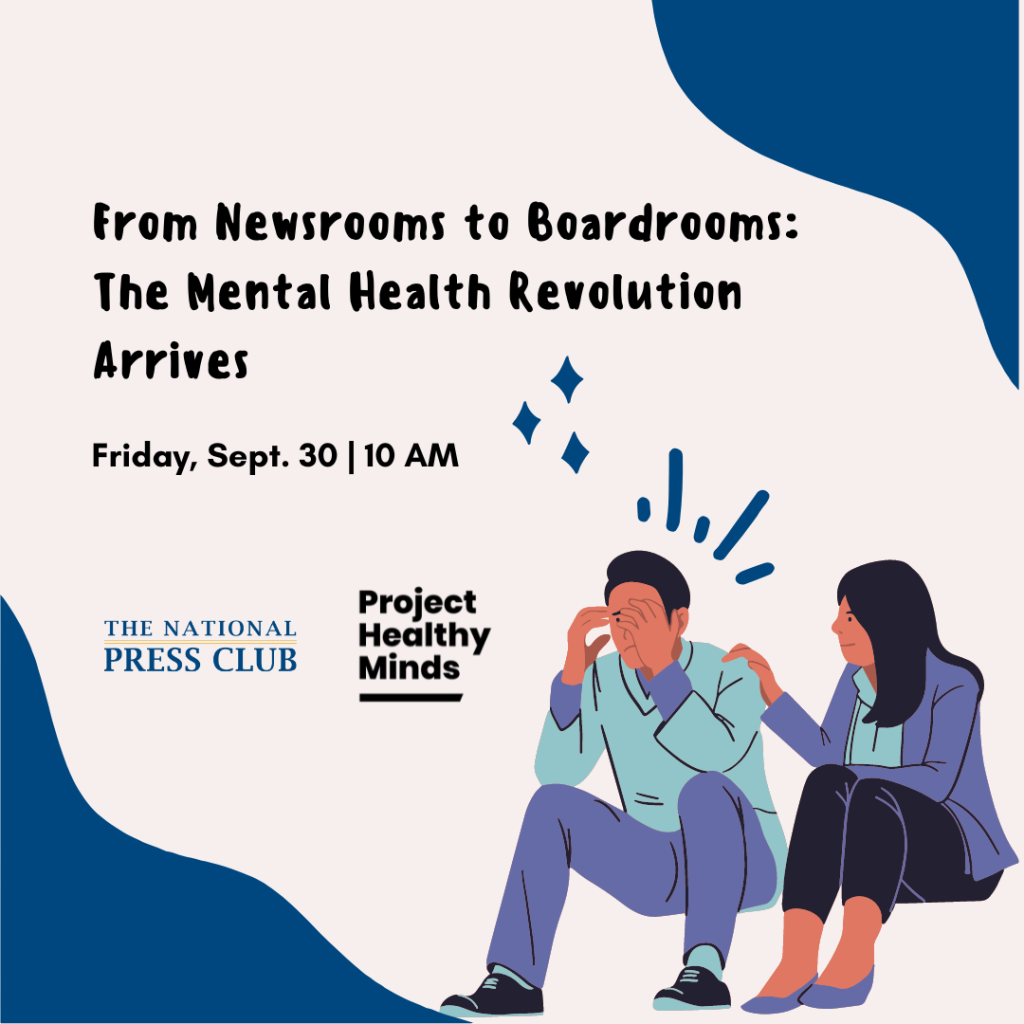Schermer said programs to improve the mental health of employees “now are on the same trajectory that climate [change] has been on for the past ten years.” He said his group wants businesses not only to provide more mental health services but to report publicly on what they do.
“There’s been a lot of virtue-signaling in corporate America about mental health,” Schermer said. “Signaling is important, but it’s not enough.” He said it is “essential to demonstrate through data” the extent of corporate mental health programs and how well used they are.
The Healthy Minds website offers an extensive listing of mental health providers and services. The group also wants to develop national standards for corporate mental health benefits and a rating system to measure how well the standards are met. The score-cards would be similar to those issued by a number of groups for corporate environmental, social, and governance (ESG) efforts.
Dan Hoffman, head of marketing and communications for Healthy Minds, said a third major part of the group’s program is to “share stories” about mental illness and recovery in an effort to “destigmatize” mental illness and encourage more people to get help.
At the Club program, Patricia Zengerle, a reporter for Reuters, described as “terrifying” her experiences inside the U.S. Capitol while it was being stormed by pro-Trump demonstrators on January 6, 2021. She said it felt like some of the war zones she had covered in overseas assignments. Afterwards, Zengerle said she took advantage of psychological therapy offered by the company.
Orion Rummler, a reporter for the 19th News, said it was “really difficult” when he learned that a person he profiled in a story about recovery after attempted suicides had attempted suicide again.
“One reason I’m in this job is because I think we might change things for the better,” Rummler said. “But I’ve learned that I can’t be responsible for what someone does after I write their story.”
Rummler added: “You have to set boundaries internally.” As a reporter, he said, "You have to get in there, but then you get out.”

